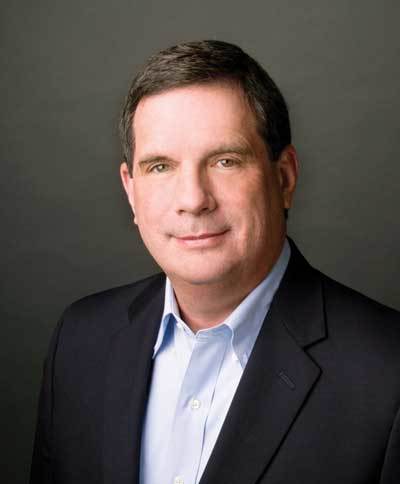7 Reasons Many Pastors Avoid Counseling

I recently conducted an unscientific but revealing social media poll. I asked pastors to share with me what aspects of pastoral ministry they enjoyed the most.
Counseling was listed last, at least indicating it was their least favorite aspect of ministry. So, I went back to these pastors and asked a follow-up question. I wanted to know why so many pastors were avoiding counseling ministries today. Their responses were clear and consistent:
1. Not qualified. In many ways, this response overlaps some of the others. The pastors told us they have not been trained in counseling. They told us they were not equipped to counsel. They told us they felt totally out of their element when they counseled others.
2. Concerned about liabilities. Many of the respondents were transparent about this concern. Some are not certain what they are required legally to report as a consequence of a counseling session. Others feared lawsuits as a result of counseling. Still others wondered about confidentiality issues and counseling.
3. Not fruitful. A number of these pastors did not see their counseling sessions as fruitful. They did not know if they were helping, hindering, or hurting. They did not know how to evaluate the effectiveness of their counseling. Some wondered with transparency if they were wasting their time.
4. Time consuming. Most pastors are overworked. Their workweek can be 60 or 70 hours or longer. They are on call 24/7. When they look for places to find margin, it is not uncommon to see them choose to reduce or eliminate their counseling hours.
5. Fearful of blame. A noticeable number of pastors told us the most-needy church members are most likely to seek counseling. Those same people are also likely to assign blame to the pastor if the counseling sessions do not meet their expectations.
6. Availability of referrals. Most churches and church leaders know someone who is a counselor by profession. That man or woman, in their opinions, is much more qualified to counsel others, so the pastors refer their counseling requests to them.
7. Opposite gender. This problem has become even more exacerbated by the #MeToo movement. Understandably, pastors are becoming more and more hesitant to counsel people of the opposite gender.
The audience of this blog includes a nice mix of pastors, church staff, and church members. I would love to hear your different perspectives on this issue.
Originally posted at ThomRainer.com.




















